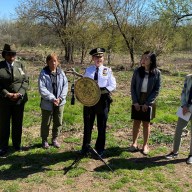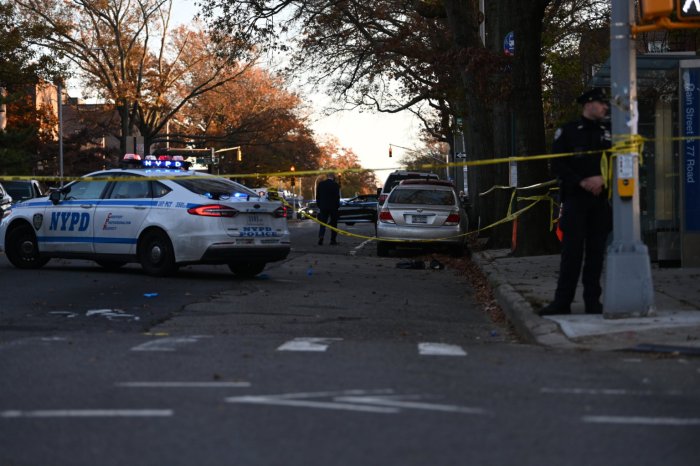By Sadef Ali Kully
One year ago, city data could have counted 14-year-old Jordan as part of the growing population of homeless public school students, which was estimated to be 84,000 by a report from the Institute for Children, Poverty and Homelessness.
According to the data prepared by the nonprofit, independent research center, the portion of students without permanent homes rose in 2014 with an estimated 38 percent of the city’s homeless population consisting of children.
Out of 1.1 million public school students in the city in 2013-14, 28,000 lived in shelters, 49,000 lived doubled up with other households and 7,000 lived outside shelters or residences – some on the street, the report said.
Over the last three years, the report said the portion of public-school students without permanent homes has risen by 25 percent.
After Jordan’s father died, his mother and siblings moved into a family shelter in southeast Queens after struggling with the bills. For Jordan, keeping up with his grades became difficult.
An estimated 38 percent of homeless students are chronically absent, compared to 22 percent of students with permanent homes, according to the Institute for Children, Poverty & Homelessness 2015 report. In addition, the report noted that almost 20 percent of homeless students drop out of school before graduating, twice the rate of housed students.
“I was getting really bad grades and I could not hand in my projects because I did not have a computer at the shelter. I would get late with my projects,” Jordan said in an interview. “Then my mom found this program for me to join.”
He joined the YMCA Jamaica Branch afterschool and summer program, Standing Tall and Ready to Uphold Progress. The program helps students remain focused on achieving their goals despite their current living situations through academic improvement, leadership and self-respect.
Startup began in 2011 at the YMCA Jamaica Branch to support homeless youths with both after-school and summer programs for students in temporary housing. The program is for youth ages 11 to 21 and accommodates 75 students during the school year as well as 50 campers during the summer.
Once Jordan began the program, his academic decline stopped.
“Right now my favorite activity is the fashion club.” he said. “I learned how to sew and I am making a shirt with a matching bowtie.”
In between, sewing and doing homework, Jordan has narrowed down the top 10 colleges he would like to attend in the future.
“This is a place where young people who are transient can call a place home,” YMCA Jamaica Branch Executive Director Cedric Dew said. “It has a ripple effect in their lives. We want people to have dignity. There is direct correlation between what happens to a child in a shelter and their future.”
Teen Director Lenis Perez said her program accommodates the teens who come from 13 family shelters in the surrounding area.
“We operate as a regular after-school program with more attention. The most important thing is that no one knows what their housing status is. Sometimes they love [the program] and sometimes they hate it. But it works,” she said.
Youth and Family Director Juliet Beecher said the program also offers help with housing and job placement resources.
“It’s about how much we can help them one-on-one,” she said.
Dew said that many of the students, such as Jordan, continue in the afterschool program even after their housing status improves.
Reach Reporter Sadef Ali Kully by e-mail at skull





























